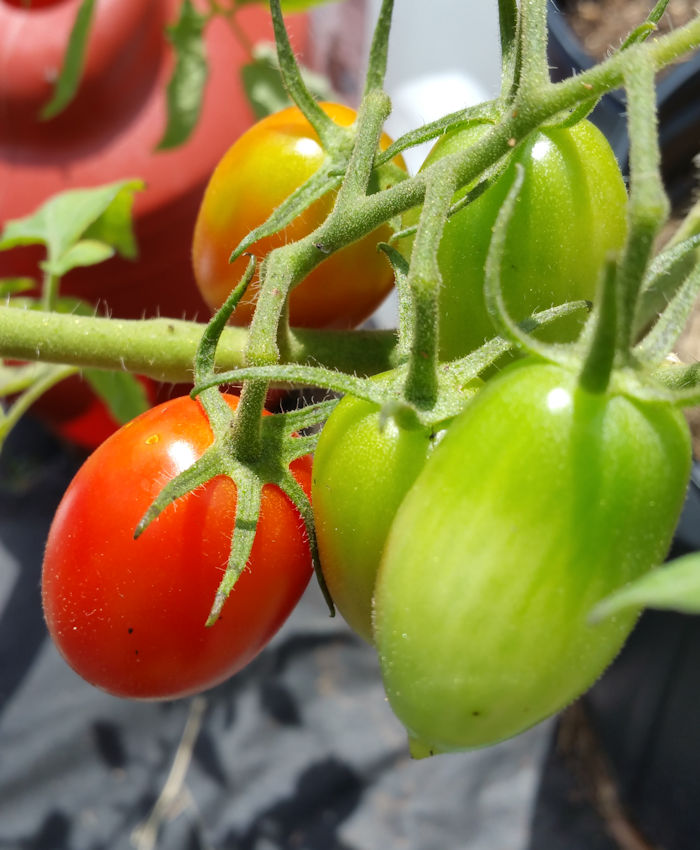grow tomatoes as a perennial
Are Tomatoes Perennial?
Are tomatoes perennial? That’s a question a lot of people ask, so let’s talk about it in this post.
Annual Versus Perennial
First, let’s quickly review what perennial means, as well as what annual means, when it comes to plants.
- Annuals are those plants which live for a season. A season can be a couple of months, or perhaps up to 8 or so months. It refers to how long your growing season is, and what kind of weather your plants prefer.
- Perennials are plants which live for more than one season. If they appear to die due to (for example) frost or excessive heat, they will come back on their own once their preferred weather returns.
That’s a high-level difference between annual and perennial plants. Now let’s talk tomatoes.
Are Tomatoes Perennial?
Sadly, tomato plants are annuals. Now, that isn’t to say they can’t have a really long growing season, if they have the right environment. And if grown in a perfect environment (like a special greenhouse), it’s possible that some indeterminate tomatoes can last a year or more.
This applies more to cherry tomatoes, though, than tomatoes with larger fruits. Cherry tomato varieties are especially known for being vigorous growers and producing lots of fruits over a longer season.
Growing Indeterminate Tomato Plants as a Perennial
OK, so let’s say you have a pretty perfect environment. Not too hot, not too cold, humidity just right, plenty of sun. Plus, not exposed to tomato plant diseases and with few or no insects that love to munch on tomato plants. Oh, and plenty of room, because indeterminate tomato plants can get mighty big.
(Now you see the dilemma.)
It seems like the best environment would be a greenhouse or in an enclosed sunroom. Tomatoes like their warmth, but they don’t like high temperatures. And they don’t care for cool weather, at least not during the day. They do like moderate humidity, and good air circulation. Plus — 6 to 8 hours of direct sunshine per day, or the equivalent in bright grow lights.
If you can also control exposure to tomato diseases (many of which have to do with soil and wind-borne contaminants), and regularly patrol for tomato-loving insects, you’ve gone a long way to giving your tomato plant a longer life.
Now, let’s talk about the tomatoes themselves — because why grow the plants if you don’t plan to eat the tomatoes!
How Tomatoes Fruit on the Plant
Tomatoes set fruit starting with lower branches, and proceed upwards on the plant. Once a branch has set fruit, it’s not going to flower again once the fruit has been picked. And this means that your plant needs to grow taller in order to continue setting fruit. Alternately, it will need to bush out to continue fruiting.
If you plan to grow your tomato plants indoors under grow lights, they will need to have good light all over the plants as it grows taller and/or wider. This may mean multiple grow lights.
Growing Tomato Plants
By now you can tell that the answer to the question of “are tomatoes perennial” is that they are best grown as the annual that they are. If you plan to try to grow a tomato plant as a perennial, though, your best bet is with an indeterminate cherry tomato plant variety.